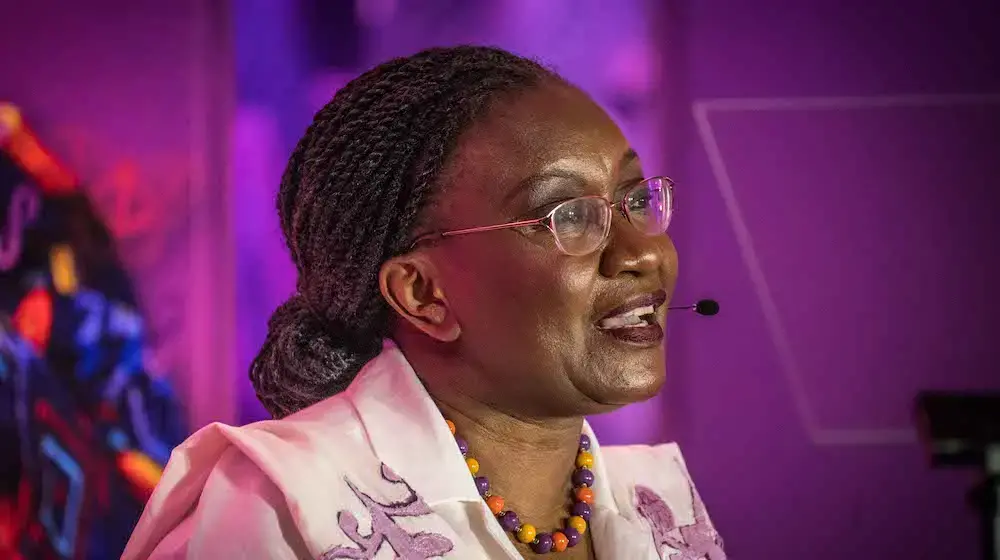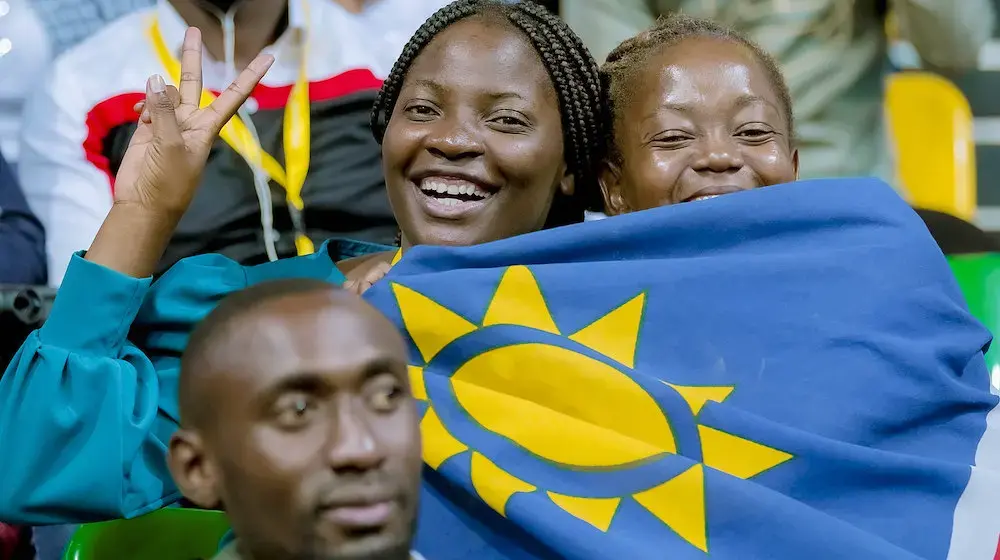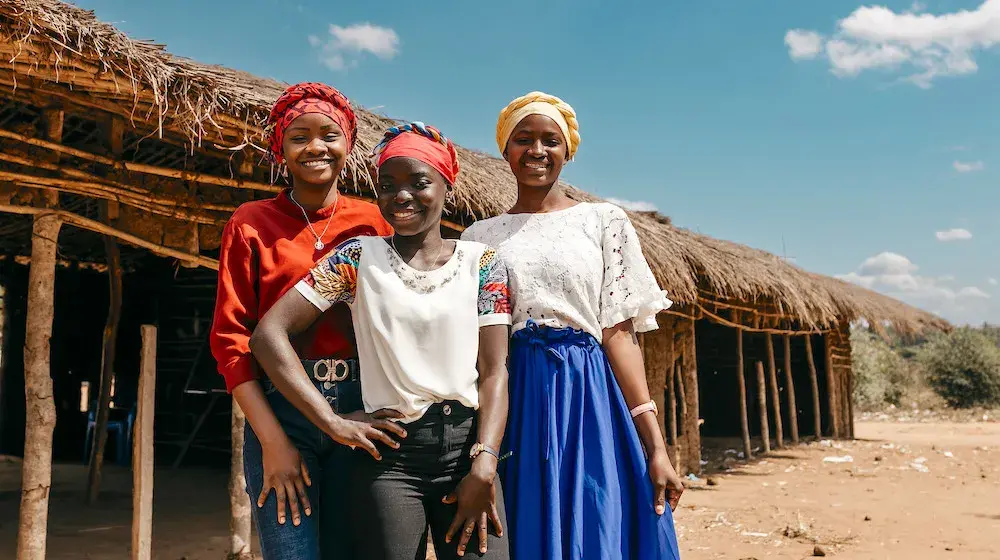Blog: Our Humanity in Times of Crisis
By Dr. Julitta Onabanjo
Today, we witness the COVID-19 pandemic uniting the world in ways that were unimaginable just a few weeks ago. In the face of potentially staggering mortality rates, many governments have made clear their conviction that people’s lives matter, first and foremost.
While this pandemic is being referred to as the biggest global threat since the Second World War, the frontline is not some distant battlefield – it is here among us, inside our hospitals. In country after country, doctors, nurses, midwives and emergency personnel, are having to make heartbreaking decisions, prioritizing who is in the most acute need of care. Often, these are life-or-death decisions.
As I reflect on the sacrifices made by many health workers since the start of the outbreak, I acknowledge those who are courageously confronting the disease and caring for the sick, sometimes at the cost of their own lives.
The pandemic has spread to all countries in the East and Southern Africa region. Medical professionals and associations have advocated strongly with their governments to procure personal protective equipment for health workers and hospital personnel, and ensure that they can continue to offer health care.
Despite lessons learned about the need for integrated sexual and reproductive health services in times of crisis, sadly, too few countries have consulted nurses and midwives on this in their contingency planning.
Frustration at being excluded from such strategic consultations, as well as not having their health and rights prioritized, has prompted health workers in a few countries to stay away from their hospitals and wards, and refuse to treat COVID-19 patients unless they have adequate protection.
This is nothing short of a tragedy. If anything, public trust in national health systems must be amplified, yet this will not happen if governments continue to look past the very people whose work is essential to saving the lives of others.
Nurses, doctors, and midwives in the region have expressed the urgent need for in-service training as part of COVID-19 preparedness and response. While certain health professionals have the option to complete such learning online, for many it simply is not an option: the digital divide is real.
At the start of the year and the Decade of Action for the SDGs, the World Health Organization identified global pandemics among the top 10 risks to humanity. So, too, is the lack of adequate technology in the health sector.
We need to build technology into learning curricula and health facilities and, in so doing, leapfrog decades of analog thinking about health delivery. The investment case for this is easily made if we consider the unprecedented human and socio-economic toll that the coronavirus has already had on the global economy.
COVID-19 will continue to challenge its survivors in the near and distant future if funds are diverted from essential services to address immediate needs, without thought being given to the future consequences as well.
It is estimated that Africa will need up to US$10.6 billion in unanticipated increases in health spending to stop the virus from spreading. And this must not be diverted or reprogrammed from funds allocated to essential sexual and reproductive health services.
This week, about 220,000 births are expected to take place in health facilities in East and Southern Africa. Of these, 57,000 will be to adolescent girls aged between 15 and 19 years, most of them as a consequence of unplanned pregnancies.
This is why UNFPA is partnering with nursing and midwifery associations across the East and Southern Africa region to advocate for health workers’ rights and optimal working conditions, and for the continuity of sexual and reproductive health services. We are working with governments to ensure that countries have adequate medical supplies, equipment, and sexual and reproductive health commodities, including contraceptives.
As we mark World Heath Day on April 7, let us take a moment to celebrate their tireless efforts to bring new, healthy lives into this world and its current reality of COVID-19.
It is in moments like this that I am especially proud of having chosen to be a public health physician. I extend my sincere and deep gratitude to the medical fraternity, and especially to the nurses and midwives who have already given so much of themselves. We salute your ceaseless efforts to care for humanity!




